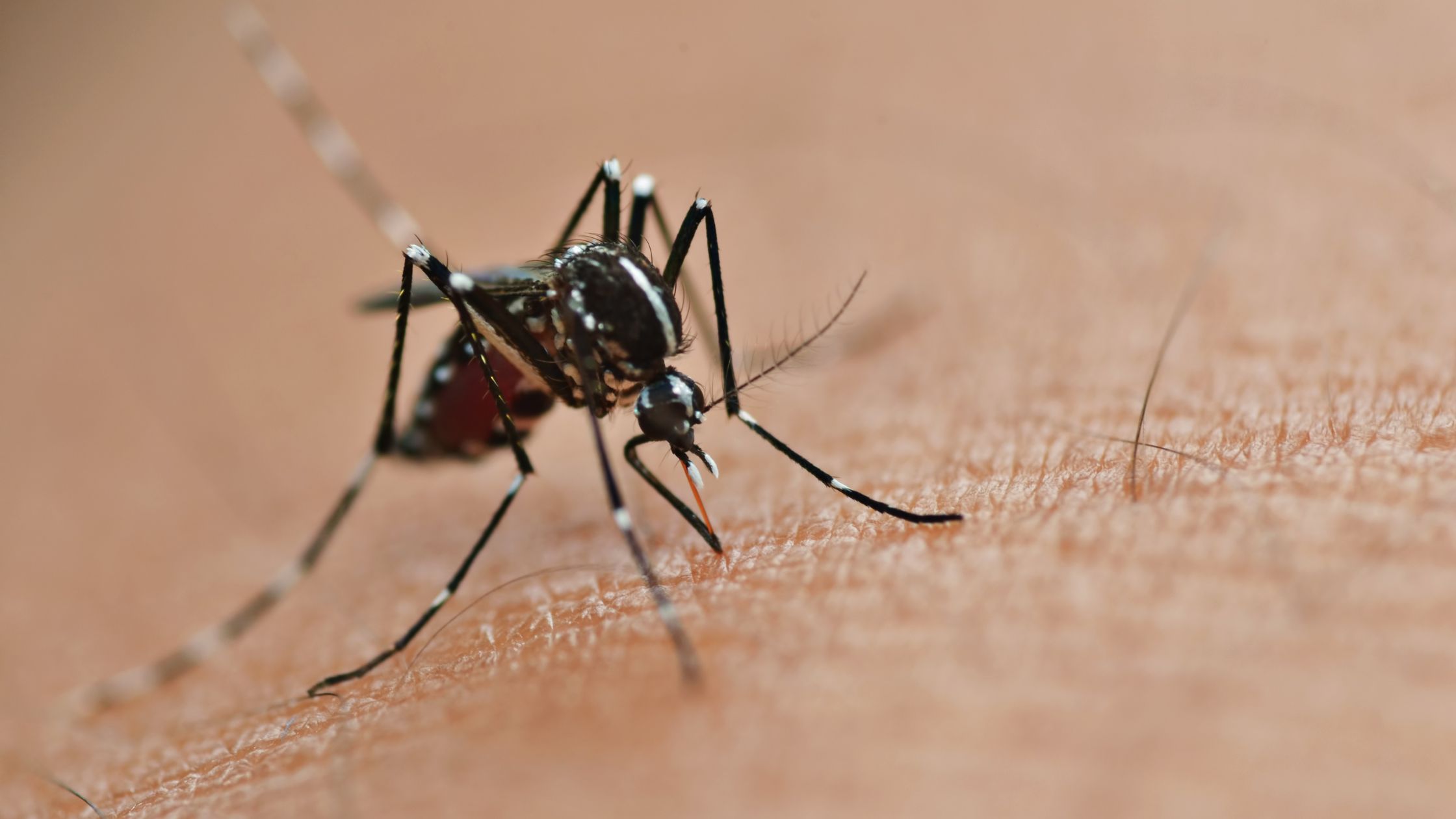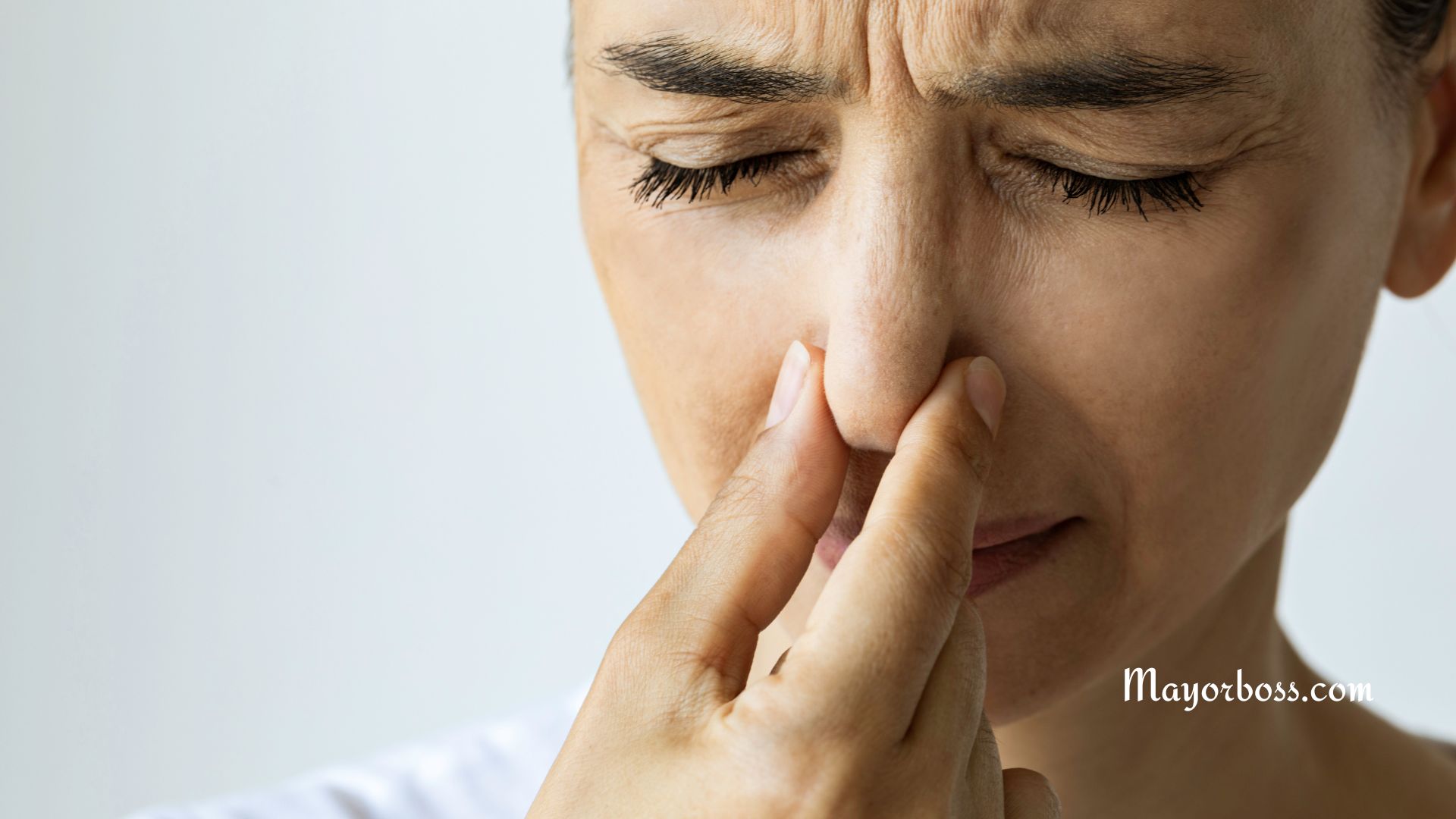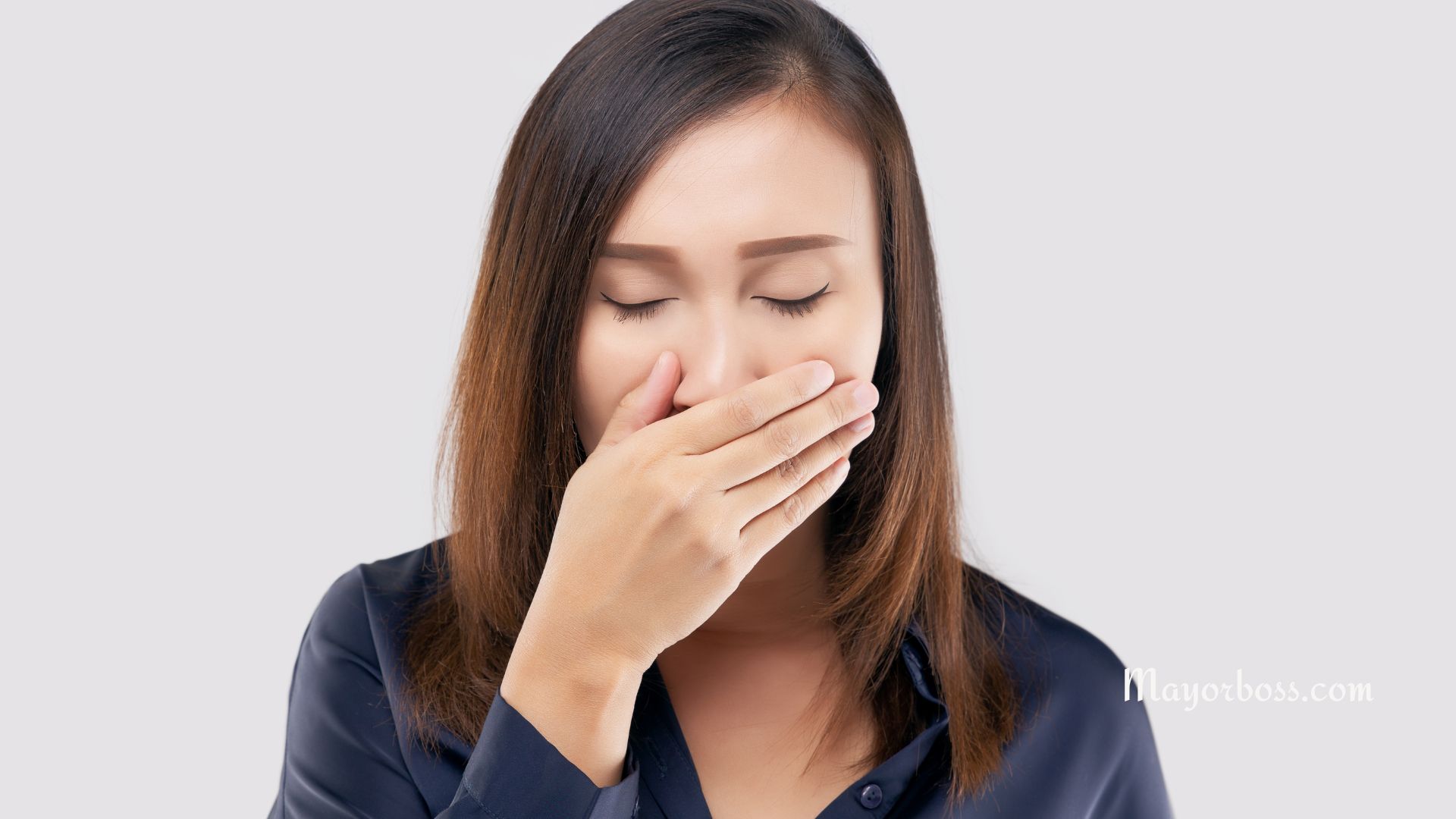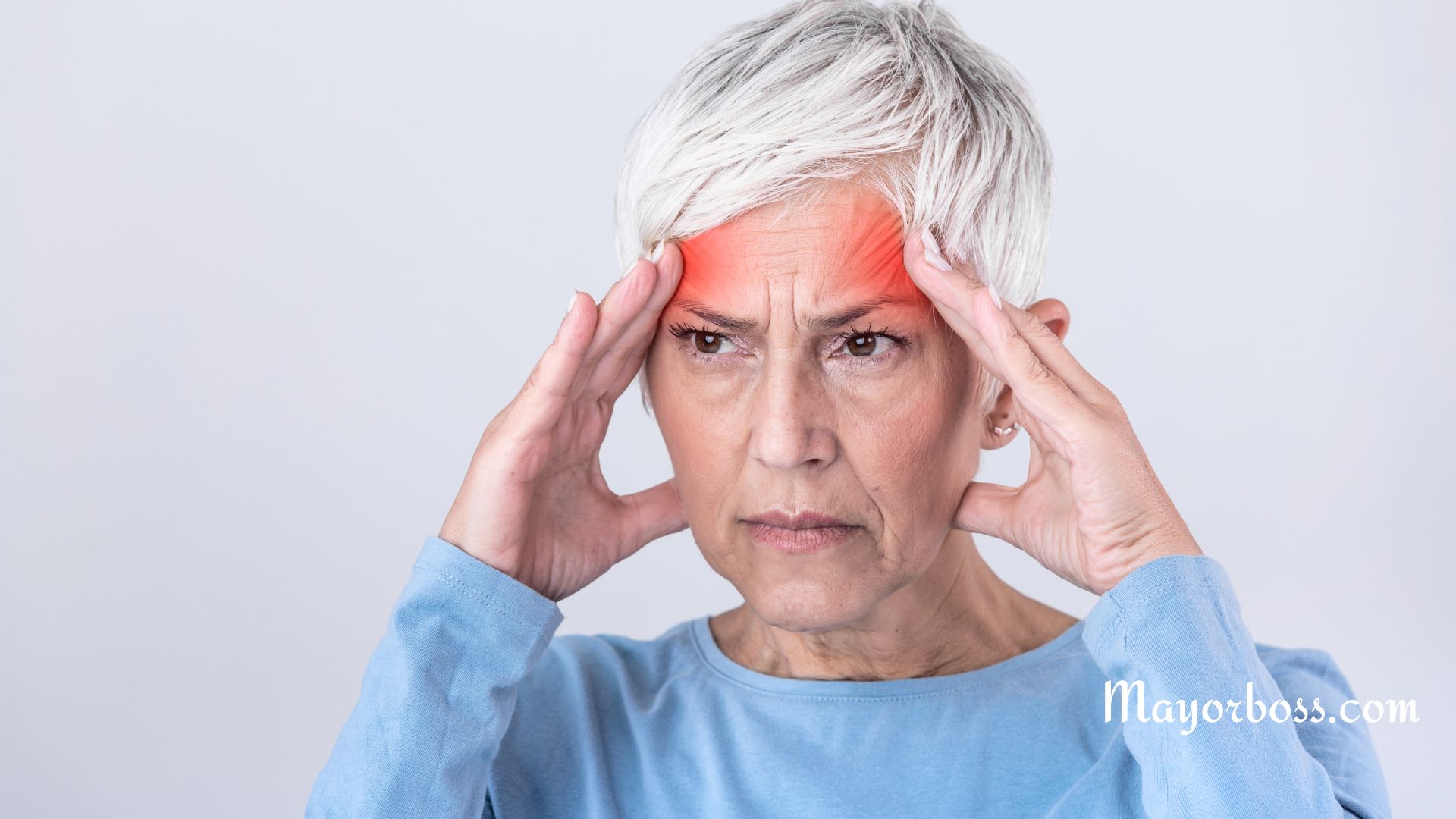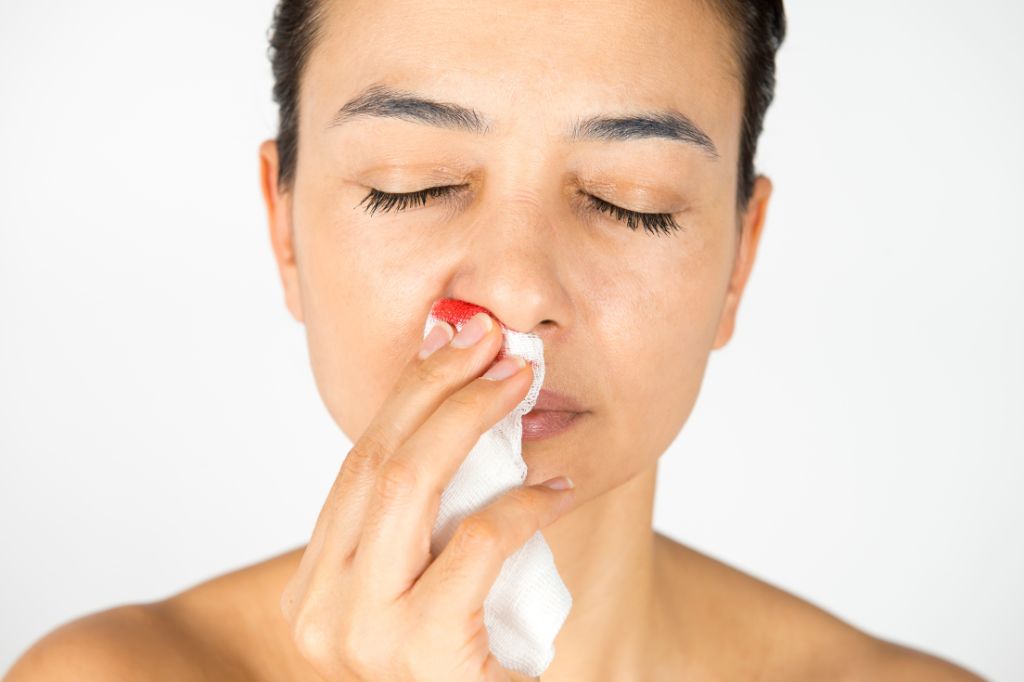How to Stop Leg Cramps at Night
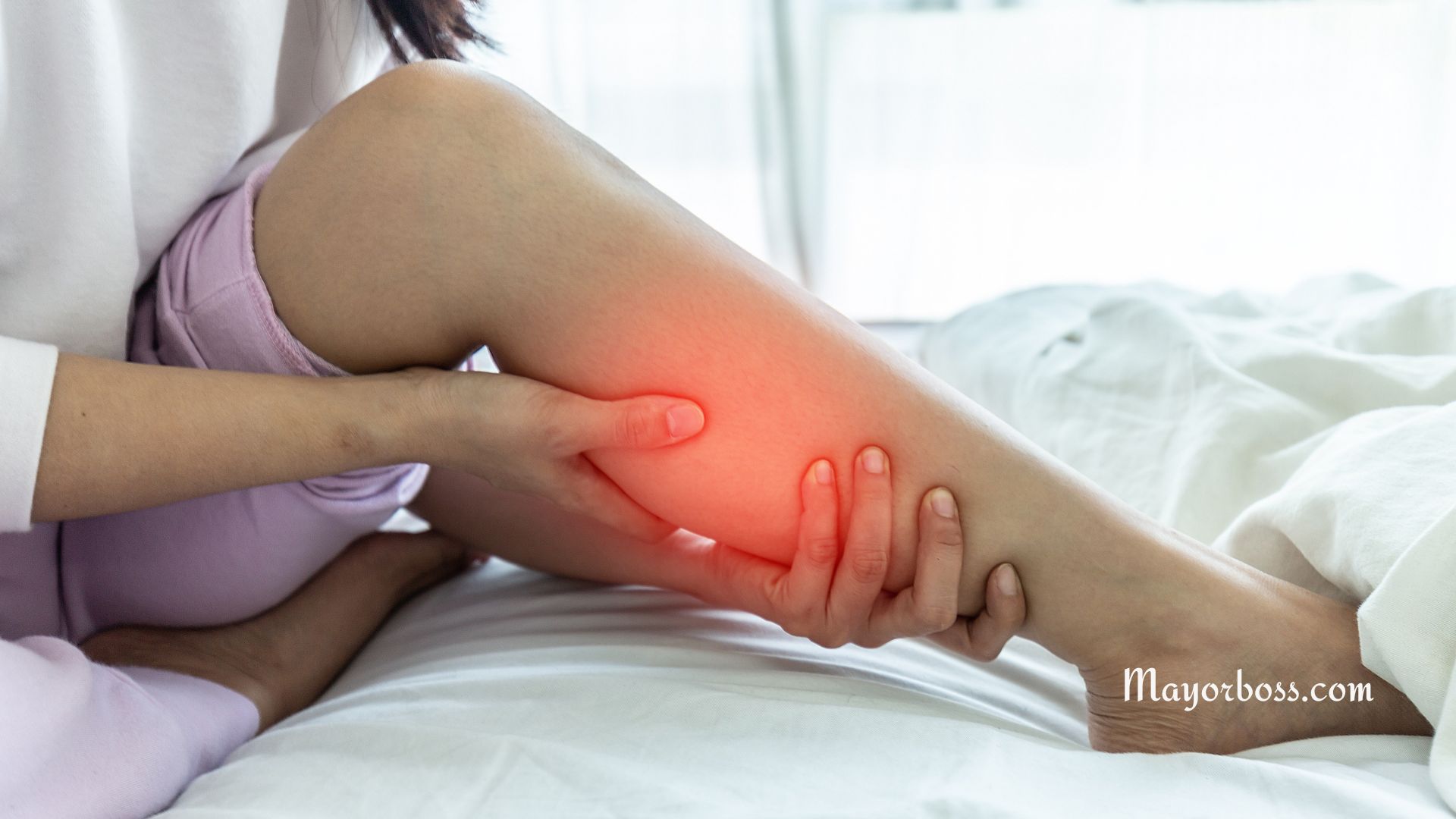
Do you ever wake up in the middle of the night with an excruciating leg cramp? If so, you’re not alone. Leg cramps can be a real pain and can disrupt your sleep, leaving you feeling tired and irritable the next day. But here’s the catch, you don’t have to suffer through them. I’m going to share with you 20 simple methods to stop leg cramps at night. By the end of this article, you’ll have plenty of practical tips to help you sleep peacefully.
Keep Yourself Hydrated Throughout the Day
Believe it or not, dehydration is one of the most common causes of leg cramps. When your body is low on fluids, it can lead to muscle contractions. Make sure you drink plenty of water throughout the day. Ideally, aim for at least eight glasses of water. If you’re active or the weather is hot, you might need even more. So, keep a water bottle handy and sip regularly.
Stretch Before Bedtime to Relax Your Muscles
Stretching can significantly reduce the frequency of leg cramps. Take a few minutes before bedtime to stretch your calf muscles. Here’s a simple stretch: stand facing a wall, place your hands on it, step one foot back, and gently push your heel down. Hold for 30 seconds and switch legs. Doing this can make a big difference.
Maintain a Balanced Diet to Assure Proper Nutrient Intake
Your diet plays a crucial role in preventing leg cramps. Make sure you’re getting enough potassium, magnesium, and calcium. These nutrients are essential for muscle function. Watermelon, bananas, sweet potatoes, leafy greens, salmon, nuts, avocado, and dairy products are excellent sources. Plus, it’s not hard to incorporate these into your daily meals.
Pickle Juice
You might be surprised to hear this, but pickle juice is actually a popular home remedy for leg cramps. According to research, the vinegar in pickle juice may help with rapid relief of muscle cramps. Here’s why it works and how you can use it.
Pickle juice contains vinegar, which is high in acetic acid. This can help your body produce more acetylcholine, a neurotransmitter that tells muscles to stop contracting. In simpler terms, it can signal your cramped muscles to relax.
How to use it: Taking a small amount of pickle juice can offer quick relief when a cramp strikes. Most people find relief with just 1 to 3 ounces. It’s always best to start with a small amount to see how your body reacts.
Avoid Caffeine and Alcohol Before Bed to Improve Sleep Quality
Caffeine and alcohol can dehydrate you and interfere with your sleep patterns. Try to avoid them in the hours leading up to bedtime. Instead, opt for a soothing herbal tea like chamomile or peppermint. It’s relaxing and won’t disrupt your sleep.
Use a Heating Pad to Soothe Your Muscles
A heating pad can work wonders for leg cramps. Apply it to the cramping area for 15-20 minutes before bed. The heat helps to relax your muscles and improve blood flow. It’s a simple yet effective method.
Massage Your Legs to Relieve Tension
Gently massaging your legs can help to relieve tension and reduce the likelihood of cramps. Use circular motions and apply moderate pressure. You can do this yourself or ask a partner to help. Either way, it’s a relaxing way to end your day.
Wear Comfortable Footwear to Support Your Legs
Wearing uncomfortable shoes can strain your leg muscles and lead to cramps. Make sure your shoes provide adequate support, especially if you’re on your feet a lot. It’s also a good idea to avoid high heels, as they can put extra pressure on your legs.
Stay Active to Improve Muscle Health
Regular physical activity keeps your muscles healthy and strong. However, avoid overexerting yourself, as this can lead to cramps. Aim for a balanced exercise routine that includes walking, stretching, and strength training. And guess what? Even a daily walk can make a huge difference.
Take Epsom Salt Baths to Relax Your Muscles
Epsom salt baths are a satisfying way to relax your muscles. Epsom salt contains magnesium, which can help to prevent cramps. Simply add a cup of Epsom salt to your bathwater and soak for 20 minutes. It’s a perfect way to unwind before bed.
Ensure Your Bed is Comfortable to Promote Better Sleep
Your mattress and pillows can impact your sleep quality and leg health. Make sure your bed provides adequate support and comfort. If your mattress is old or sagging, consider investing in a new one. You’ll be amazed at how much better you’ll sleep.
Elevate Your Legs While Sleeping to Improve Circulation
Elevating your legs can help to improve circulation and prevent cramps. Place a pillow under your legs while you sleep. This simple adjustment can make a big difference, especially if you often wake up with cramps.
Use Magnesium Supplements if Needed
If you’re not getting enough magnesium from your diet, consider taking a supplement. Magnesium helps to relax your muscles and can prevent cramps. However, it’s always best to consult with a healthcare professional before starting any new supplement.
Avoid Sitting or Standing for Long Periods
Sitting or standing for long periods can lead to leg cramps. Try to take breaks and move around regularly. If you have a desk job, consider using a standing desk or taking short walks throughout the day.
Keep Your Bedroom Cool to Prevent Overheating
Overheating can lead to dehydration and cramps. Keep your bedroom cool and well-ventilated. A fan or air conditioner can help, especially during hot weather. Plus, a cool room is generally more conducive to sleep.
Try Acupuncture for Long-Term Relief
Acupuncture is an alternative therapy that can provide long-term relief from leg cramps. It involves inserting thin needles into specific points on your body. Many people find it helpful, but it’s important to seek treatment from a qualified practitioner.
Avoid Overexertion During Exercise
While staying active is important, overexerting yourself can lead to cramps. Listen to your body and avoid pushing yourself too hard. A balanced exercise routine is key to preventing leg cramps.
Use Essential Oils to Soothe Your Muscles
Certain essential oils, like lavender and peppermint, have muscle-relaxing properties. Dilute a few drops in a carrier oil and massage it into your legs before bed. It’s a natural and pleasant way to prevent cramps.
Consider Compression Socks to Improve Circulation
Compression socks can help to improve circulation and prevent cramps. They’re especially useful if you’re on your feet a lot or have circulation issues. Wear them during the day, but make sure they’re not too tight.
Stay Mindful of Your Posture
Your posture can impact your leg muscles. Poor posture can lead to muscle tension and cramps. Be mindful of how you sit and stand, and make sure your spine is aligned. Good posture can go a long way in preventing cramps.
Consult a Healthcare Professional if Needed
If you’ve tried these methods and still suffer from frequent leg cramps, it might be time to call your doctor. There could be an underlying health issue that needs to be addressed.
Frequently Asked Questions
Q: Can vitamins really help prevent leg cramps? A: Yes, certain vitamins and minerals, especially magnesium and vitamin B, are essential for muscle health and can help prevent cramps.
Q: What stretches are best for preventing leg cramps? A: Stretching your calf muscles, hamstrings, and the muscles in your feet can be particularly effective. Try standing calf stretches, seated hamstring stretches, and towel stretches for your feet.
Q: How long before bed should I stop eating and drinking? A: It’s best to finish eating 2-3 hours before bed and limit fluids an hour before you sleep to prevent disturbances from hunger or needing to use the bathroom.


